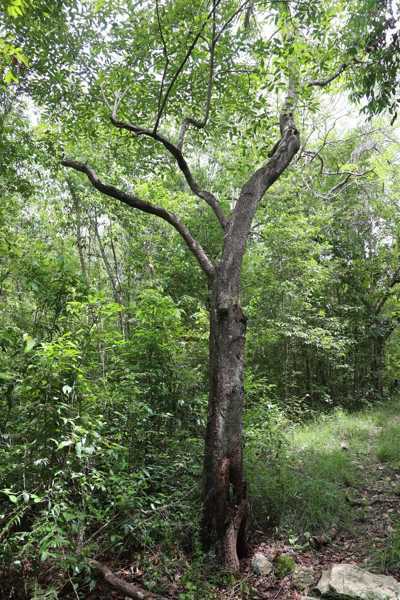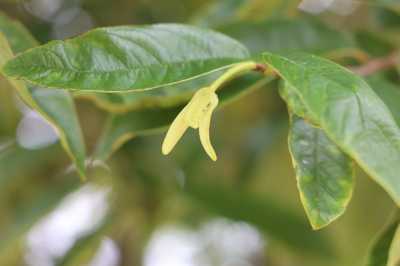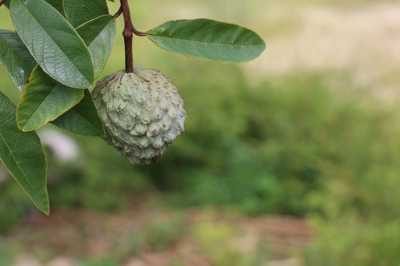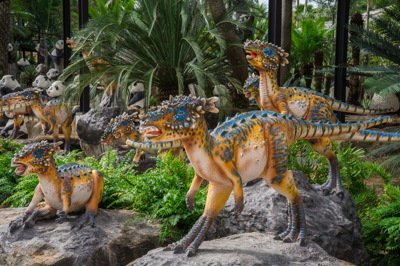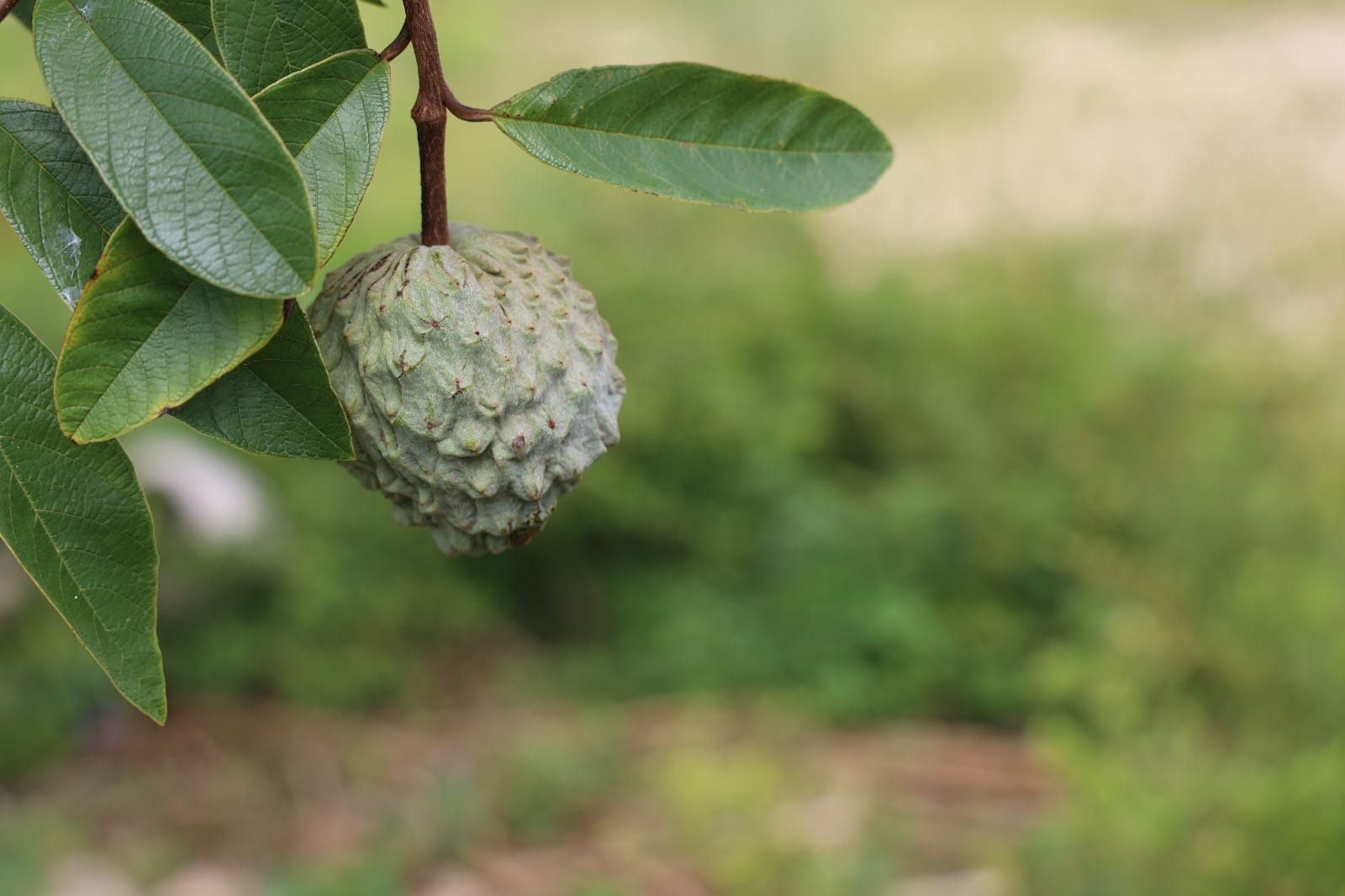
Rediscovering Annona cubensis: A Step Toward Conserving Rare Wild Relatives of Cherished Tropical Fruits
Fruits like custard apple, cherimoya, soursop, bullock's heart, and atemoya are beloved for their unique flavors and textures, not only in tropical regions but also in temperate countries where they are occasionally available as imports. These fruits belong to the genus Annona, a group of trees that have become integral to tropical fruit agriculture worldwide. However, as we enjoy these cultivated varieties, their wild relatives—species that have not undergone domestication—are increasingly recognized as vital for the future. Protecting these wild species is essential, particularly for breeding new fruit varieties and developing disease-resistant strains.
In an effort to conserve these valuable wild relatives, a joint expedition from Nong Nooch Botanical Garden in Thailand and Jardín Botánico Nacional in Havana, Cuba, ventured deep into remote areas of Cuba to rediscover some of the country’s rare and endemic species. With the help of Ecotour Cuba, the team embarked on a mission to not only locate these elusive species but also collect seeds and seedlings to ensure their survival.
The Rediscovery of Annona cubensis
One of the most exciting discoveries from the expedition was Annona cubensis, an extremely rare wild relative of the domesticated species. This species had not been recollected at its original site for many years, leading many to believe it had been lost. However, during their search, the team found a small population of Annona cubensis in a different area, providing a glimmer of hope for its conservation.
Annona cubensis is a part of the greater Annona genus, which includes many of the fruits we recognize today. While the cultivated varieties have been developed for their fruit, wild species like Annona cubensis hold incredible potential for future agricultural advancements. They possess genetic traits that could be crucial for breeding more resilient varieties that can withstand changing climates, new diseases, and other environmental pressures.
Conservation Efforts: Seeds for the Future
The team from Nong Nooch and the Cuban botanical garden collected seeds and seedlings of several Annona species, including the rare Annona cubensis, for ex situ conservation. This type of conservation involves preserving species outside their natural habitat, ensuring they are safeguarded even if their wild populations decline further. These seeds will be propagated in both Cuba and Thailand, adding a layer of security to the future of these species.
Ex situ conservation also opens the door for studying these plants in controlled environments, helping scientists understand their growth patterns, genetic makeup, and potential uses. By conserving wild Annona species, researchers can better explore their applications in agriculture, particularly in breeding programs aimed at improving fruit quality and disease resistance.
The Importance of Conserving Wild Relatives
As the world grapples with climate change, habitat destruction, and biodiversity loss, the conservation of wild plant species becomes more important than ever. These wild relatives of our domesticated crops provide the genetic diversity necessary to adapt to the challenges of the future. For example, diseases that target specific fruit varieties can devastate entire crops, but wild relatives often carry natural resistances that can be harnessed through breeding programs.
By protecting species like Annona cubensis, scientists and conservationists are preserving a genetic reservoir that may one day hold the key to overcoming these challenges. These plants represent the untapped potential for new fruit varieties that could be more resilient to environmental pressures, ensuring the continuation of fruit cultivation in a changing world.
Nong Nooch Botanical Garden’s Role in Global Conservation
Nong Nooch Botanical Garden has long been a leader in plant conservation, both in Thailand and on the international stage. This collaboration with Jardín Botánico Nacional in Cuba highlights the garden’s commitment to preserving the world’s botanical heritage. The rediscovery of Annona cubensis and the collection of seeds from various Annona species represent a significant step forward in safeguarding the future of these plants.
Visitors to Nong Nooch Garden can not only enjoy the beauty of tropical plants but also learn about the critical conservation efforts taking place to protect rare and endangered species. The garden serves as a living testament to the importance of conservation, providing educational opportunities and inspiring a deeper connection to the natural world.
A Bright Future for Annona Species
While the rediscovery of Annona cubensis marks a significant milestone in the conservation of wild relatives of tropical fruits, there is still much work to be done. The small population that was found must be carefully monitored and protected to prevent further decline. Efforts to propagate and reintroduce these plants in both Cuba and Thailand will continue, ensuring that future generations can benefit from their genetic diversity.
This rediscovery reminds us that while some species may seem lost, hope remains as long as dedicated individuals and institutions work tirelessly to conserve them. By safeguarding wild species like Annona cubensis, we are not only protecting a piece of our planet’s biodiversity but also securing the future of the fruits we cherish today.
Visit Nong Nooch Botanical Garden to learn more about the conservation efforts taking place around the world. Witness the incredible diversity of tropical plants and support ongoing efforts to protect endangered species for future generations.







